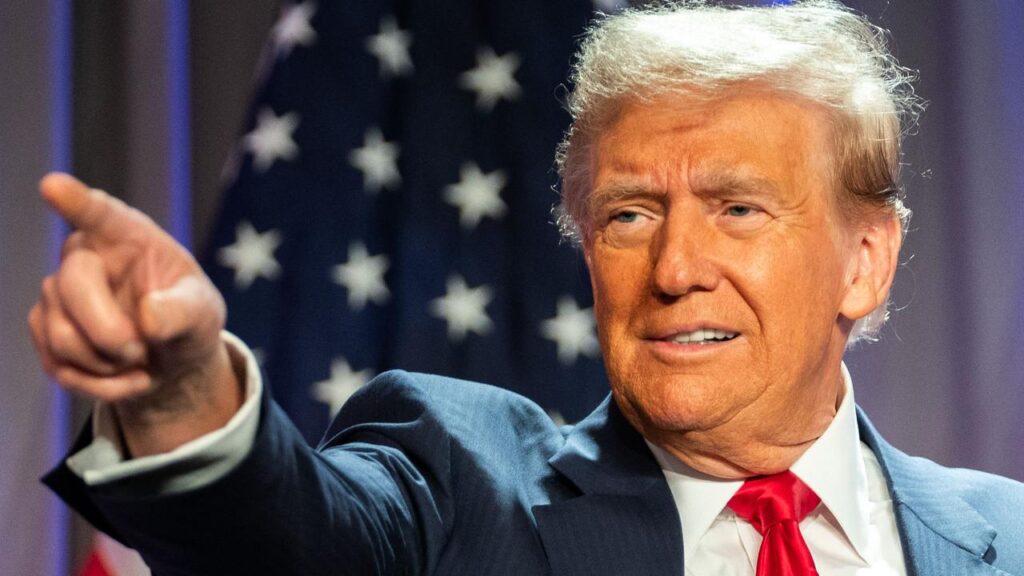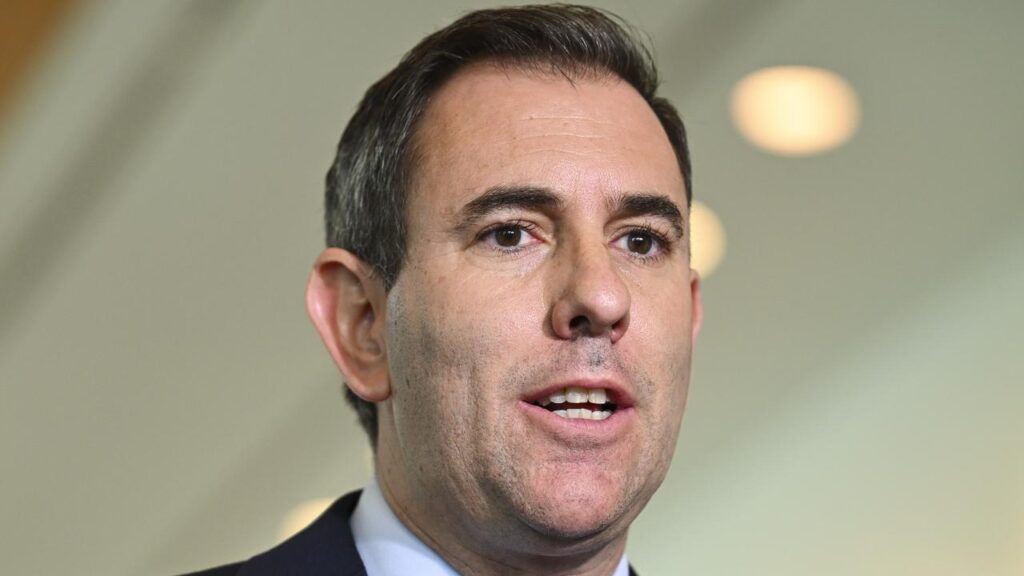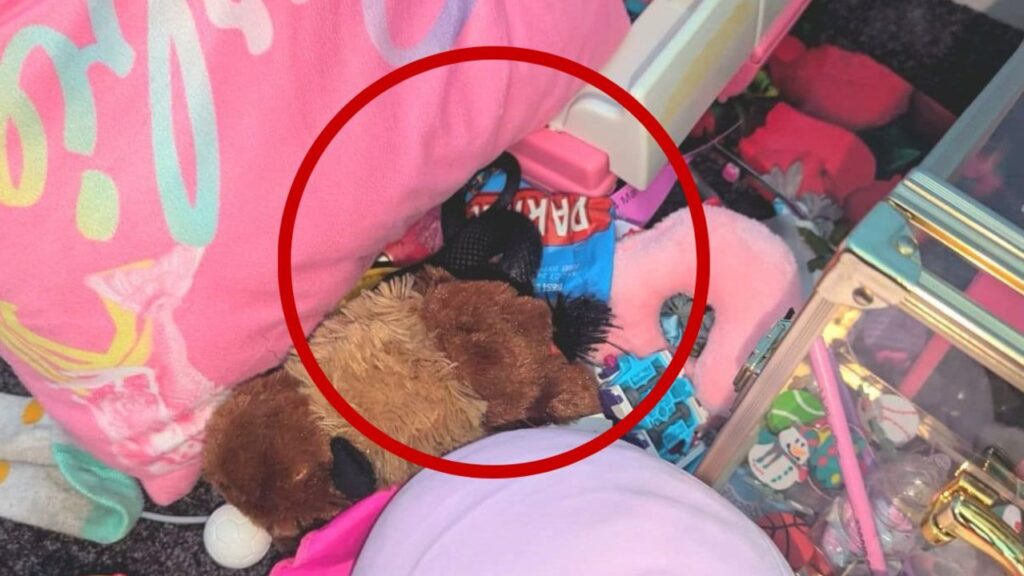What Aussies really think of China’s ‘threat’
Written by admin on June 3, 2024
More than half of Australians see China as more of a major security threat instead of an economic partner, while nearly two-thirds of the country think the economic superpower will become a “military threat” within the next 20 years.
The findings from the Lowy Institute’s flagship annual poll follows punishing restrictions being lifted on beef exporters – four years after the snap tariffs from the economic superpower were announced.
Four of the eight beef producers who were banned amid the diplomatic row will now be allowed to trade.
In their latest report, the Lowy Institute found public sentiment towards China remained at very low levels, with only 17 per cent of Australians saying they trust China to act responsibly in the world.
A total of 53 per cent of Aussies surveyed said they see China as more of a security threat than an economic partner.
“These results have held steady from 2023, but are roughly inverse to attitudes in 2020, when 55 per cent of Australians saw China more as an economic partner,” the report states.
“A strong majority of Australians (71 per cent) continue to think it likely that China will become a military threat to Australia in the next 20 years.”
China banned imports from eight Australian abattoirs at the height of a diplomatic fallout between the two nations over 2020 and 2021.
The move halted about 35 per cent of Australia’s beef exports into China.
But the latest move suggests trade barriers may be further easing, after China progressively relaxed heavy tariffs on barley, cotton and wine.
“(It) is fantastic news for Australia’s cattle producers, for the meat processing industry, for the workers in those industries and, of course, for Australian exports,” Agriculture Minister Murray Watt said on Thursday.
“What we’ve worked out is that even so far as over the export bans that have been lifted by China, that has worked out to $3bn in extra exports for Australia.”
A ban on Australian lobster still remains in place.
“Australians’ views on security, defence and alliances remain complex,” Ryan Neelam, Director of the Lowy Institute’s Public Opinion and Foreign Policy Program, said.
“Many Australians remain wary towards China, despite re-engagement at the political level.
“Overall, trust in China remains low, and threat perceptions remain high. The public is roughly divided on whether Australia should prioritise maintaining stability or deterring China.”
The Lowy Institute’s poll also had revealing insights on the US election as incumbent Joe Biden and Republican frontrunner and convicted felon Donald Trump prepare to go head-to-head.
A total of 68 per cent of respondents said they wanted to see Biden re-elected.
“While more than six in ten (63 per cent) say the alliance makes Australia safer from attack or pressure from China, when they look to the future, 75 per cent also believe the alliance makes it more likely Australia will be drawn into a war in Asia,” the report states.
The Lowy Institute’s executive director Dr Michael Fullilove said the results indicated a strong shift in attitudes towards the eastern neighbour.
“In 2005, most Australians felt safe. They felt optimistic about China’s rise,” he said.
“Today, Australians are far less trusting of China and they are worried about the risk of war in our region.
“One constant is that they continue to see the alliance with the United States as important to Australia’s security.”
70 per cent of Australians view cyberattacks as a “critical threat”.
More Coverage
Potential conflicts over Taiwan (59 per cent) and the South China Sea (57 per cent) loom larger compared to threats in the more distant conflicts in Ukraine (46 per cent) and the Middle East (41 per cent).
Australians were also divided on energy, with one in six saying they supported the country using nuclear energy in a “notable” shift from attitudes over a decade ago.
Two thirds of respondents (66 per cent) said they thought the federal government’s target to generate 82 per cent of electricity from renewable sources by 2030 was about right (41 per cent) or not ambitious enough (25 per cent).
Read related topics:China







